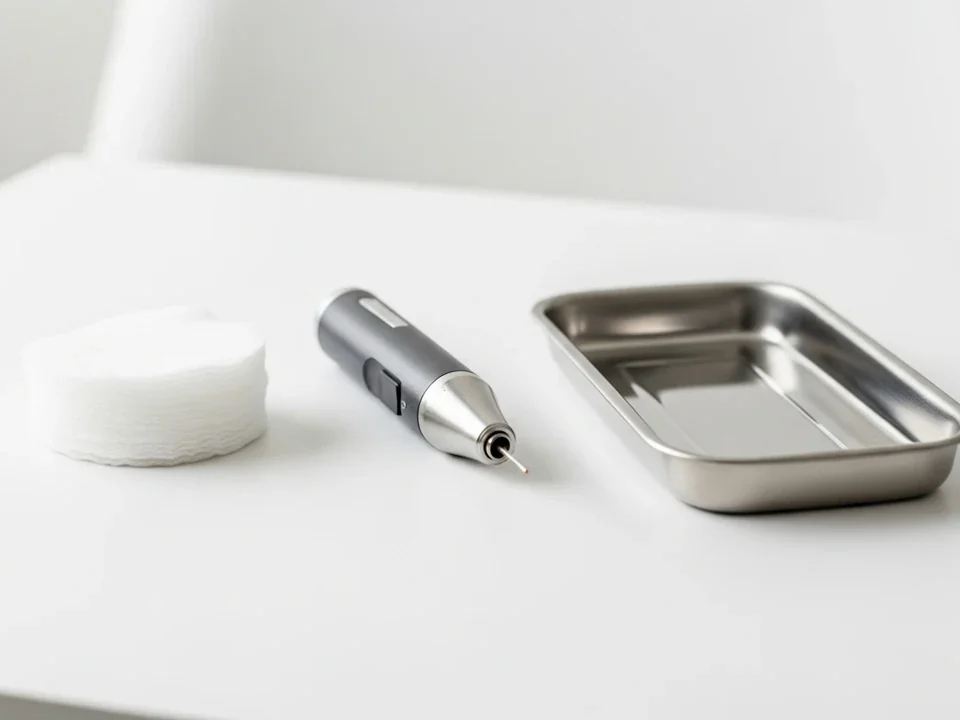
Do gums grow back after gingivectomy?
January 3, 2024
Understanding Nitrous Oxide in Dentistry: A Safe and Effective Sedation Method
January 17, 2024Navigating the complexities of venous lakes, a common skin condition, brings us to the pivotal question: Can a venous lake disappear? This article explores the intricacies of these benign vascular lesions, shedding light on their nature, treatment options, and the likelihood of making them vanish.
Table of Contents
ToggleDoes a Venous Lake Disappear?
A venous lake typically does not disappear on its own and often persists unless treated. Effective treatments, such as laser therapy, sclerotherapy, and cryotherapy, can disappear from a venous lake. However, there’s a risk of recurrence if underlying causes like sun exposure aren’t addressed.
How Do You Shrink a Venous Lake?
To shrink a venous lake, a benign vascular lesion typically appearing on sun-exposed areas of the body, several medical procedures can be used:
Laser Therapy
This is a preferred method for treating venous lakes. Like the pulsed dye laser or Nd: YAG laser, Lasers emit a specific wavelength of light absorbed by the blood vessels in the venous lake. This light energy is converted into heat, damaging the walls of these vessels. Over time, this leads to the collapse and reabsorption of the venous lake into the surrounding tissues. Laser therapy is popular due to its precision, effectiveness, and minimal scarring.
Sclerotherapy
This process involves injecting a sclerosing solution directly into the venous lake. The solution irritates the vessel’s lining, causing it to swell, clot, and eventually turn into scar tissue that fades away. Sclerotherapy is often used for larger venous lakes and can require multiple sessions.
Cryotherapy
In this treatment, liquid nitrogen exposes the venous lake to extreme cold. The cold causes ice crystals to form inside the blood vessels, damaging the endothelial lining of the vessel walls. This damage leads to inflammation and, eventually, the destruction of the abnormal vessels. Cryotherapy is less precise than laser dental treatment in Ahwatukee and might be more suitable for smaller lesions.
What Happens if You Pop a Venous Lake?
Popping a venous lake can lead to bleeding and potential infection. Since venous lakes are comprised of dilated venules (small veins), attempting to pop them can cause a rupture of these vessels, leading to bleeding, which can be challenging to control. Also, breaking the skin barrier increases the risk of introducing bacteria, leading to infection. It’s strongly advised to avoid popping or puncturing a venous lake instead of seeking professional medical treatment.
Can a Venous Lake Be Drained?
Draining a venous lake is not a typical procedure due to its nature as a collection of dilated blood vessels. Traditional draining methods, like those used for cysts or abscesses, are not applicable to venous lakes. The most effective way to remove a venous lake is through procedures like laser therapy, sclerotherapy, or cryotherapy, which target the blood vessels and cause them to collapse rather than physically draining them.
Can a Venous Lake Rupture?
A venous lake can rupture, particularly if it’s subjected to trauma or excessive pressure. The rupture of a venous lake can lead to bleeding, as the lesion is made up of blood-filled vessels. While the bleeding is typically minor and can be managed with pressure and topical treatments, it’s advisable to seek medical attention if a venous lake ruptures to ensure proper management and to assess for any potential complications.
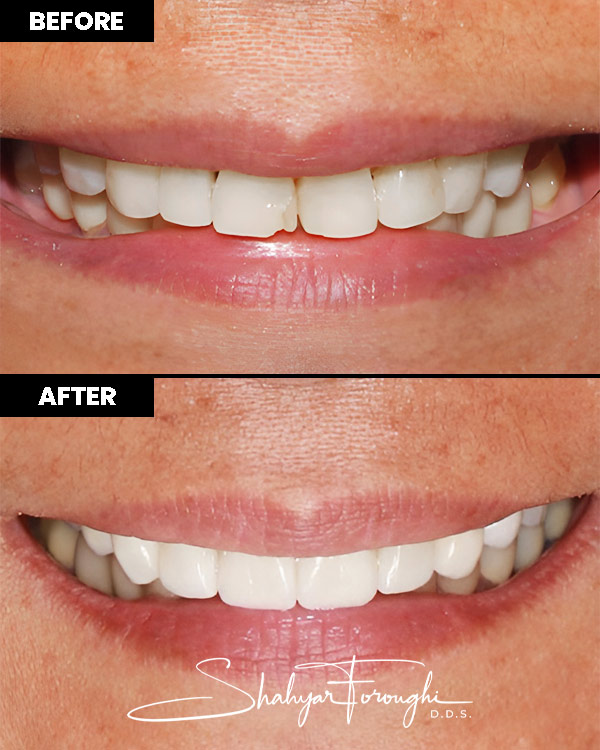
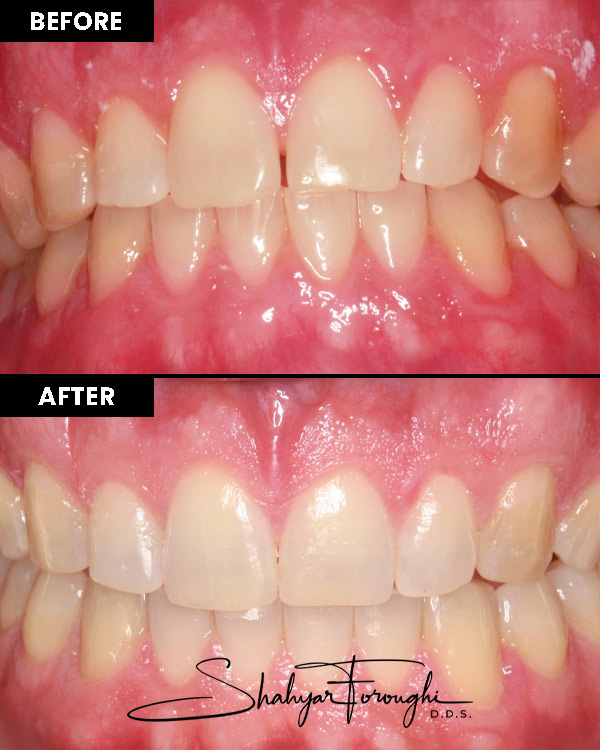
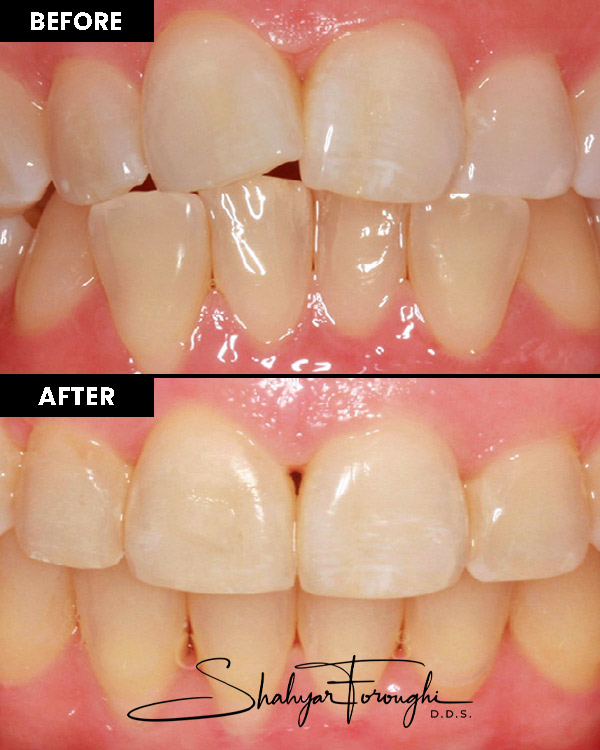
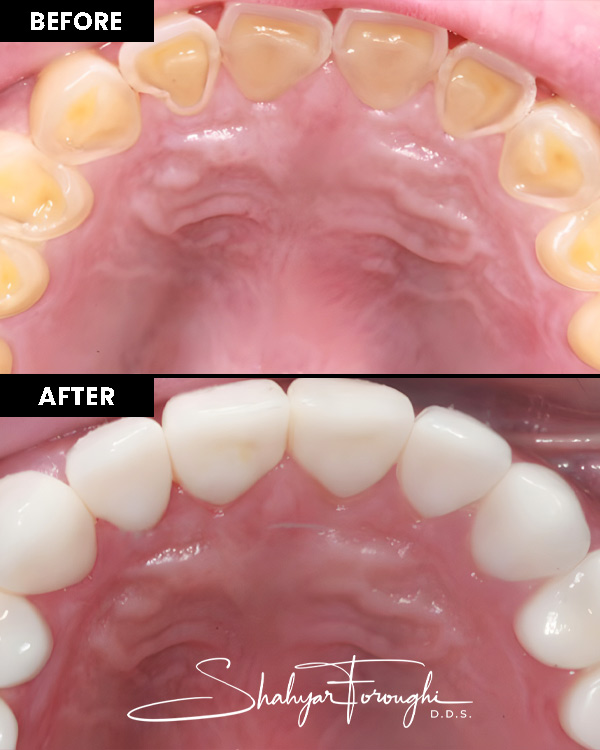
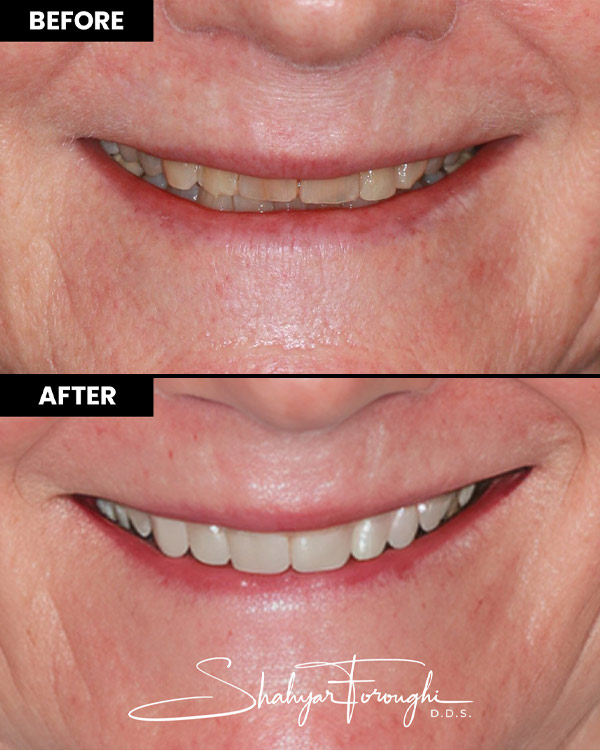
How Long Does Venous Lake Take to Heal?
The healing time for a venous lake varies depending on the treatment used. After treatments like laser therapy or cryotherapy, healing can take a few weeks to a couple of months. The lesion gradually reduces in size and color as it heals. The exact time frame depends on components like the size of the venous lake, the specific treatment applied, and the individual’s healing process.
How Long Does It Take for a Venous Lake to Shrink?
The time it takes for a venous lake to shrink after treatment can vary. With laser therapy, results can be seen within a few weeks, but it may take several sessions and a few months for the lesion to resolve fully. Sclerotherapy requires multiple sessions with a similar time frame for complete resolution. The exact duration varies with the individual’s response to treatment and the size of the venous lake.
Does a Venous Lake Get Bigger?
A venous lake may gradually get bigger over time, especially with continued sun exposure, which is a contributing factor to its development. They can also appear more prominent with age as the skin gets thinner and loses elasticity. However, they grow slowly and tend to remain relatively stable in size.
How Do You Treat a Venous Lake at Home?
Home treatment for a venous lake is not recommended, as effective management requires professional medical procedures like laser therapy, sclerotherapy, or cryotherapy. Home remedies or attempts to treat it yourself could result in complications, such as bleeding or infection. The best approach is to protect the area from further sun damage with sunscreen and consult a healthcare provider for appropriate treatment options.
Does Venous Lake Hurt?
Venous lakes in typically do not cause pain. These lesions are usually asymptomatic, meaning they don’t produce any symptoms other than their appearance. However, they can be sensitive to pressure or touch, especially in areas subject to frequent contact or friction. In rare cases, if a venous lake is injured or ruptures, it might cause discomfort or pain. Suppose there is any pain, changes in size, bleeding, or other symptoms associated with a venous lake. In that case, seeking medical evaluation is advisable to rule out other conditions and discuss appropriate treatment options.
Conclusion
In the realm of dermatology, the ability to make a venous lake disappear is a testament to modern medical advancements. As we’ve seen, with the right approach and treatment, what once seemed a permanent part of the skin can indeed be effectively and safely resolved, offering hope and solutions to those affected.
FAQs
Is a Venous Lake Dangerous?
No, a venous lake is not dangerous. It is a benign vascular lesion, posing no significant health risk, but it’s always best to have it checked at a top-rated dental center for peace of mind.
Can Sunscreen Prevent Venous Lakes?
Sunscreen can help prevent new venous lakes by protecting the skin from sun damage, a major contributing factor.
Are Venous Lakes Common in Children?
No, venous lakes are more common in older adults, particularly those with a history of significant sun exposure.
Can Venous Lakes Appear on Any Part of the Body?
Venous lakes most commonly appear on sun-exposed areas like the face, lips, and ears but can occur elsewhere.
Is There a Genetic Predisposition to Venous Lakes?
There’s no apparent genetic predisposition, but factors like skin type and family history of similar skin conditions may play a role.



